A Time Outside This Time by Amitava Kumar
As a new coronavirus feeds on anxiety and ignorance, the world needs accurate information more than ever. Can the stories of science help us? Can psychology explain how propaganda takes hold? Can we take hope from the Black Lives Matter protests, or do we despair at the mindless violence of the mob? And what is the role of literature? Can the deliberate lies of the novel point the way to truth?
A book blogger, who is also a fiction author (albeit of limited renown), is anxious about her commitment to review a novel that is more like the non-fiction she usually avoids. After some initial reservations, she enjoyed the book, especially the psychology and the news from India: despite a PhD in the former she is shamefully out of date and ditto the latter (the out-of-dateness, not the PhD, but seeing a foretaste of Modi’s party’s modus operandi when she was there in the 1980s). Ramble, ramble much less articulately than Amitava Kumar.
As she read, our mysterious blogger remembered her own rage at the evidence-shunning mismanagement of the pandemic in the UK and how the BLM protests were a beacon of light in those dark days. (How does she think she’ll get away with this cliché? Especially when that spring was a usually sunny.) And how that was transformed (passive voice intentional) into a more conventional novel, currently homeless.
Thanks to UK publishers Picador for my advance proof copy.
Scary Monsters by Michelle de Kretser
I began with the scary monsters of a near-future Australia, where Islam is illegal, assisted dying for the elderly encouraged and any mention of the climate crisis taboo. As immigrants from Asia, Lyle and his wife embrace ‘Australian values’ to fit in. As you might expect, their grown children see things differently. A fun satire and a warning of where scapegoating, capitalist, populist politics might lead.
In the other narrative, set in Montpelier in 1980, Lili is a twenty-two-year-old language assistant befriended by the flamboyantly artistic Englishwoman Minni. As an immigrant herself – first to Australia from Asia and now, albeit temporarily, to France – she is alert to the harassment of Algerian migrants and I could identify with her confusion that the French history and literature she studied omitted the Algerian independence struggle. This strand is much deeper, with lots to ponder about late adolescence, racism and belonging.
Thanks to UK publishers Allen and Unwin for my advance proof copy.
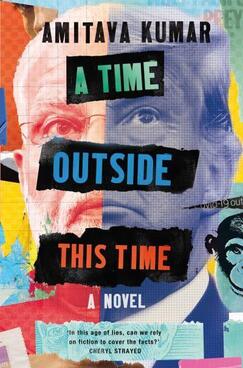
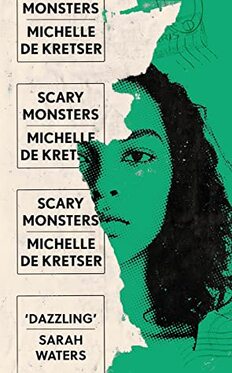
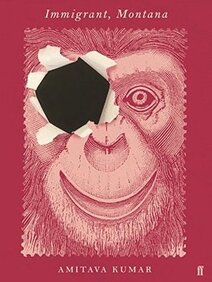
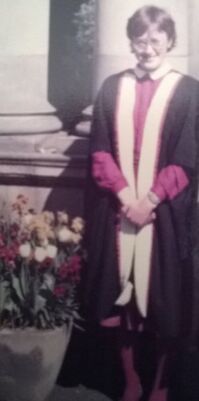

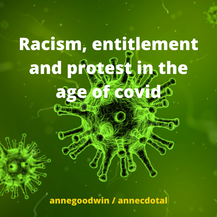

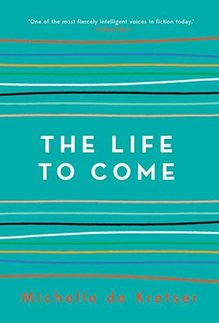

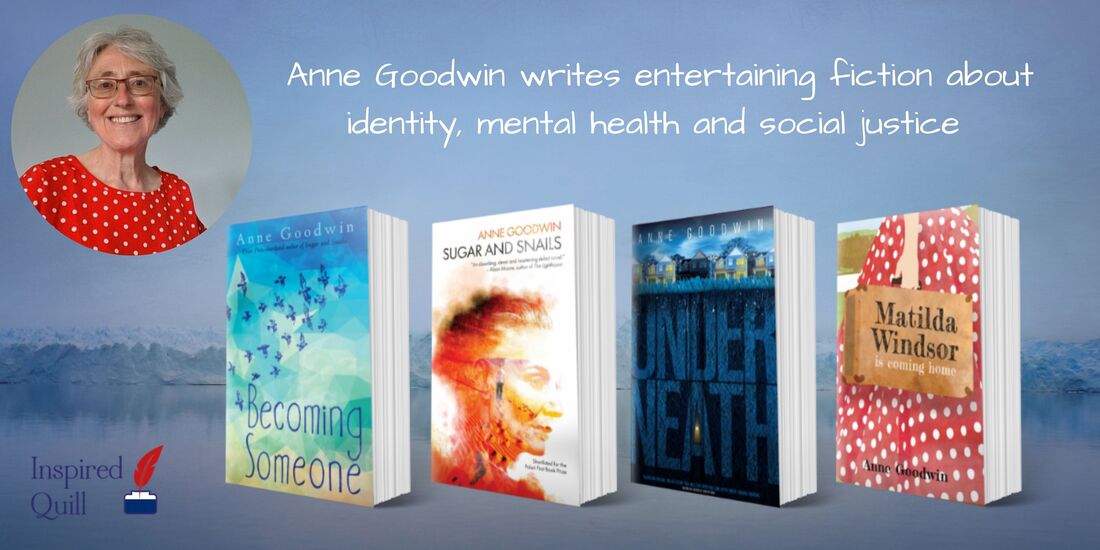





















 RSS Feed
RSS Feed





















